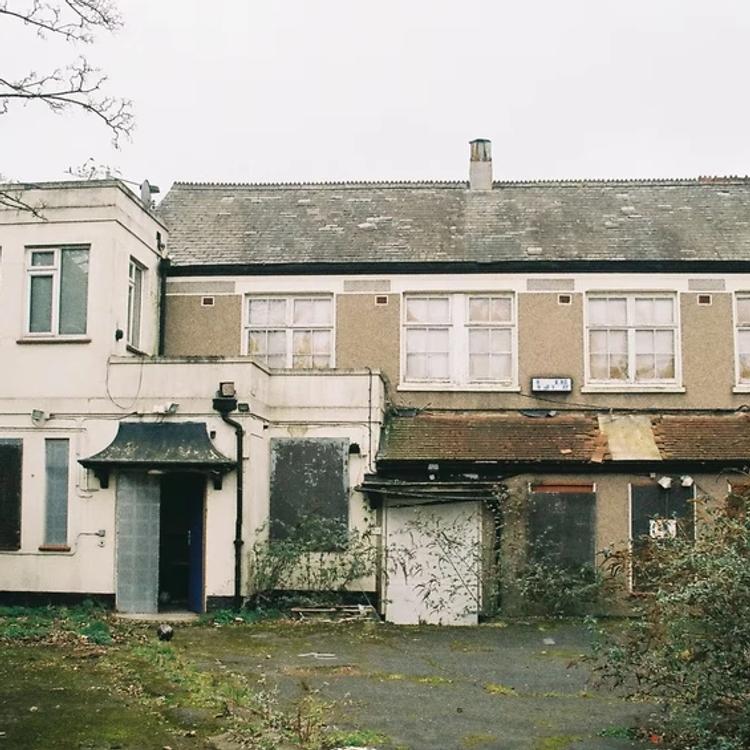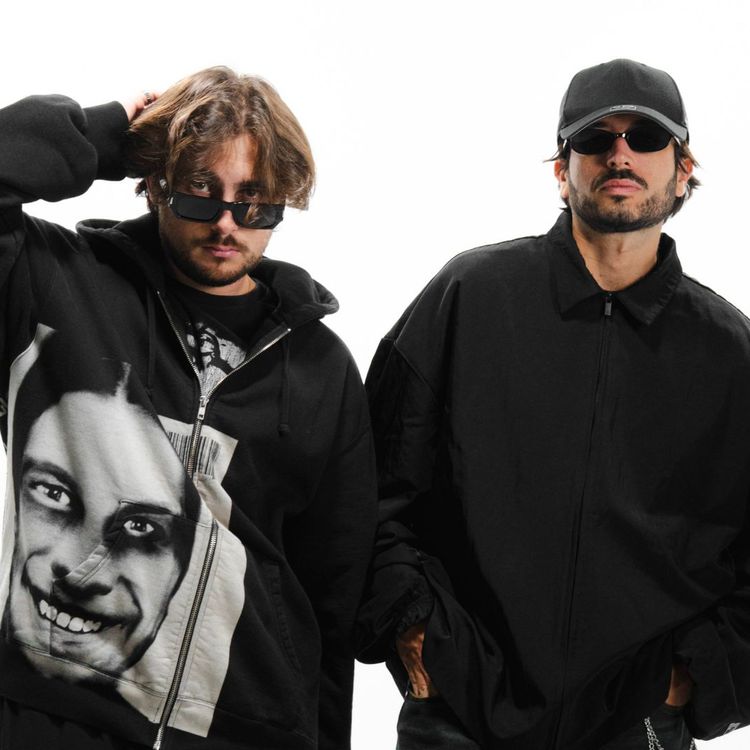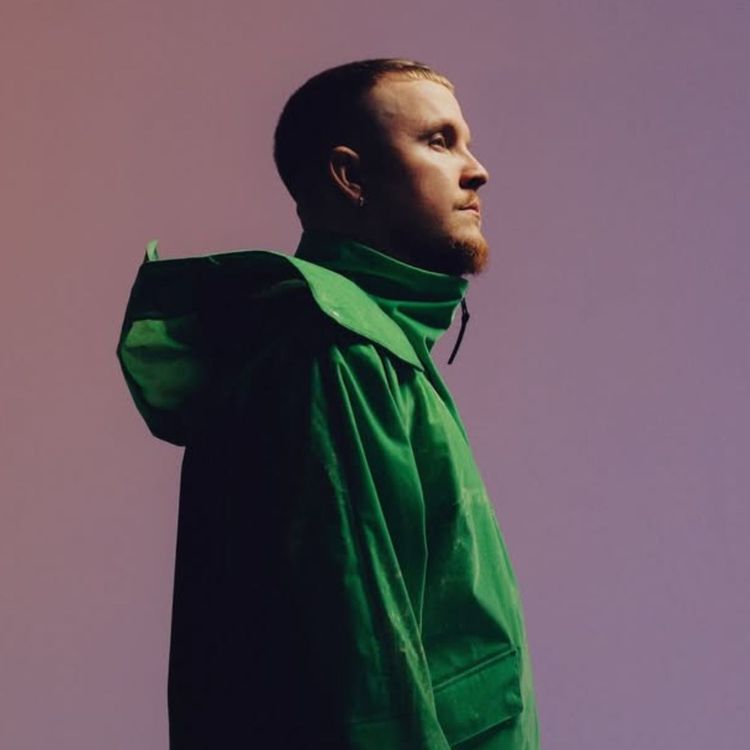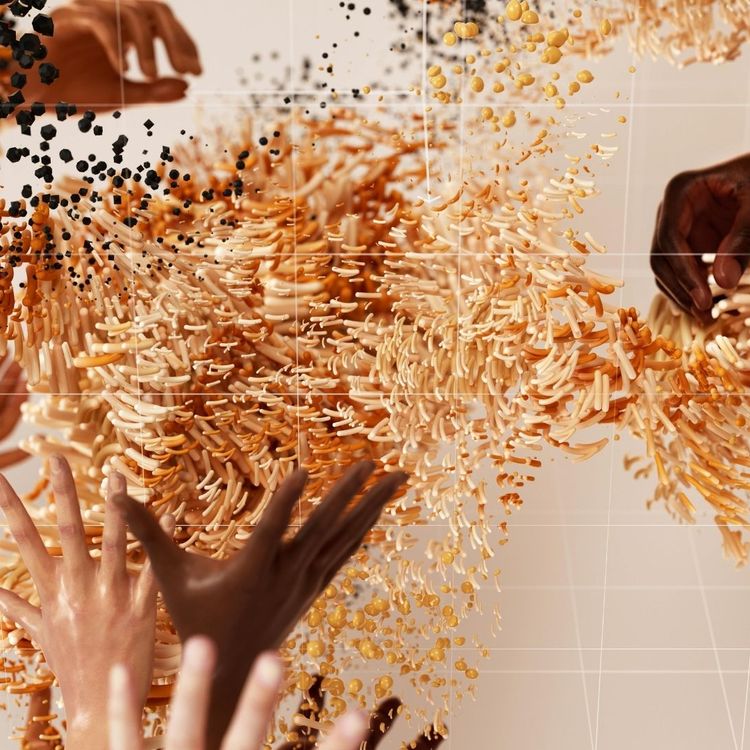Event Organizer Spotlight: Aduma Kenya
Aduma is a dance music collective based in Kenya whose focus and dedication is to showcase up-and-coming talent in the African house music scene. The concept was derived from the fusion of music and dance. They play African house music and wanted a unique name that would highlight how the African roots of dance relate to what they play.
Aduma Kenya was founded in October 2018 by Kori-K and OneDown. Motivated by their passion for African-inspired dance music and giving emerging DJs a platform to showcase their talent, Aduma Kenya was born.
The word Aduma is derived from a Massai word, referencing a revered style of indigenous movement. And although it's a bit of a misnomer, it encapsulates the spirit of their events.

I'm really excited to have you with us today. Can you tell us about how Aduma Kenya came to life and what inspired it?
Yeah. Aduma Kenya came to life in 2018. We were very young DJs back then, and we never used to get bookings. You're from Nairobi, [so] I'm sure you know how it works. It was always the same DJs on the lineups, so if you were an upcoming guy, it [was] hard to penetrate. We just sat and thought, why not start our own thing? And that's how Aduma started at Captain's Terrace. It started there, and now we are about to celebrate our fourth anniversary.
For those who don't know, can you tell us what Aduma means and why the name was fitting for your collective?
Aduma comes from the name Adumu. The name Aduma was actually a spelling mistake at first because it's a Maasai name, and I'm not a Maasai. Both me and Kori didn't know how to spell it. Adumu is a traditional Maasai dance. The dance that they do for tourists at the airport, the jumping. That is called Adumu. It was meant to be named that. If you've seen our posters and everything to do with Aduma, there is a Maasai theme. By the time we learned Aduma was a spelling mistake, there was already a company in existence.
For those who don't know the Maasai are a tribe here in Kenya. They are an indigenous tribe. They have this amazing dance where they jump around and jump really high. It's really cool. It makes sense because this is a dance music collective and they always throw events where that's the theme. Everyone is always on their feet.
We actually bring actual Maasai at times.
Walk us through a night at Aduma. What can a person who has never experienced one of your gigs expect?
Aduma is home. It's the one place where we don't even charge, so we are not discriminatory of whether you have money or not. We just have a good time and learn about electronic music. It's also somewhere where you discover a lot of new DJs because we don't have the commercial aspect. It's always about growing new talent. Aduma is the one day of the month that I wake up very excited because these are people I've seen for the last four years every month.
I have borne witness to the massive success at your events like we've just spoken about. What are some of the challenges you've faced in organizing for Aduma?
The biggest challenge we have now is venues in Nairobi because I think with the growth of events, [certain] events are starting to not make sense for club owners. [We] are trying to sell music and entertainment. The owner is just trying to sell alcohol. You find that you're not paying attention to the same things. That is why you see most of the events in Nairobi are just going the charging route. You'd rather just detach from the club and charge because the scene needs to grow. We are no longer young DJs at this point, and we need to keep moving.
Venues need to understand that entertainment and whatever they're doing can work hand in hand. In Nairobi, the biggest clubs are commercial clubs or mainstream clubs. We are aware that we are a minority, so sometimes [when we try] convincing someone [that] "with this weird music, I'll bring you this many people." They don't buy it.

Hopping off of that, what are your thoughts on how African dance music is being embraced? We are seeing it embraced everywhere right now. It started in West Africa with Afro beats, and then in South Africa, they always had Afro tech and Afro house, but they've brought in a new sub-genre, Amapiano. In East Africa, we have a little electronic music system that is growing by the day. How do you feel about that?
To be honest, I'm so impressed because we are not where we used to be. African music has gotten to places that we have never gotten to before. I mean we have a Grammy for African house music at this point. Every festival in Europe has been invaded by African music. Our boys and girls, the producers, and DJs are doing so well. I was watching a set by the Keinemusik crew at Burning Man. They're playing Idd Aziz at Burning Man! That is beautiful.
Also, look at Ibiza. The biggest DJs in Ibiza or most of the residences [are] Afro house. African music has residences in Ibiza. I don't even think the mainstream world has that. So again, kudos to everyone in Afro house and African dance music and anyone who's pushing.
What kind of artists play at your gigs, and what do you look for when you are getting artists to play at your events?
You have to be good at what you do. I have to have listened to you somewhere and heard you've been good. It's not about making money. You don't have to be famous. You just have to be good at what you do. That's it. With that, the kind of community we've built, the people coming to Aduma know whichever DJ they see there will be good.
Let's talk about the famous slogan, "May the Oontz be with you." How would you describe the Oontz to someone who has never come across this?
I feel like you can't describe the Oontz to someone. If you came to Aduma by the time you are leaving, you'd be like, "Yeah, I feel like I get what this oontz oontz is." Oontz just came from house music. You know how house music sounds like oontz oontz oontz?
The context that is now being used out here is just to mean electronic music. But when I started that whole thing of "may the oontz be with you," it was because of people asking me what I play because sometimes it can be very confusing. You will find me on Anjunadeep playing some deep house, and then you'll find me at Aduma playing some Afro house, so I started getting this crowd from online, and then when they came to my shows at Aduma, they would be like, this is not the music you play online. This is different. So instead of telling someone I play deep house or afro house, I just tell them I play Oontz, and the mainstream world is picking it up. I feel like, nowadays, everyone in Nairobi has heard of the word Oontz.
Do you have any great memories from being at the event?
I remember we were the first people to bring up Amapiano to Kenya, like international acts Kenya. We brought Major League DJz back in 2021. The likes of Enoo Napa, Caiiro. For most of these artists, it's always their first time coming to Kenya, so it's always a moment. Caiiro has been a personal favorite, so when I actually get to see Caiiro blowing up and coming to Kenya and people actually get what he's doing, it's special.

Can you tell me what we can expect from Aduma in the near future and beyond?
Yeah. Aduma will just get bigger and bigger cause I think, at this point, the movement is not getting any smaller. We had taken a break from big events, but we are actually now going back there starting with our anniversary. Covid is no longer an excuse. Aduma is about to get back to doing the big things. We are working on other things. We are trying to invest in the event industry in terms of the infrastructure needed to make the dance music events a success. If it comes to ticketing all the production equipment and everything, that's the world we are going into.
















